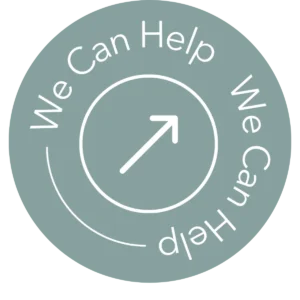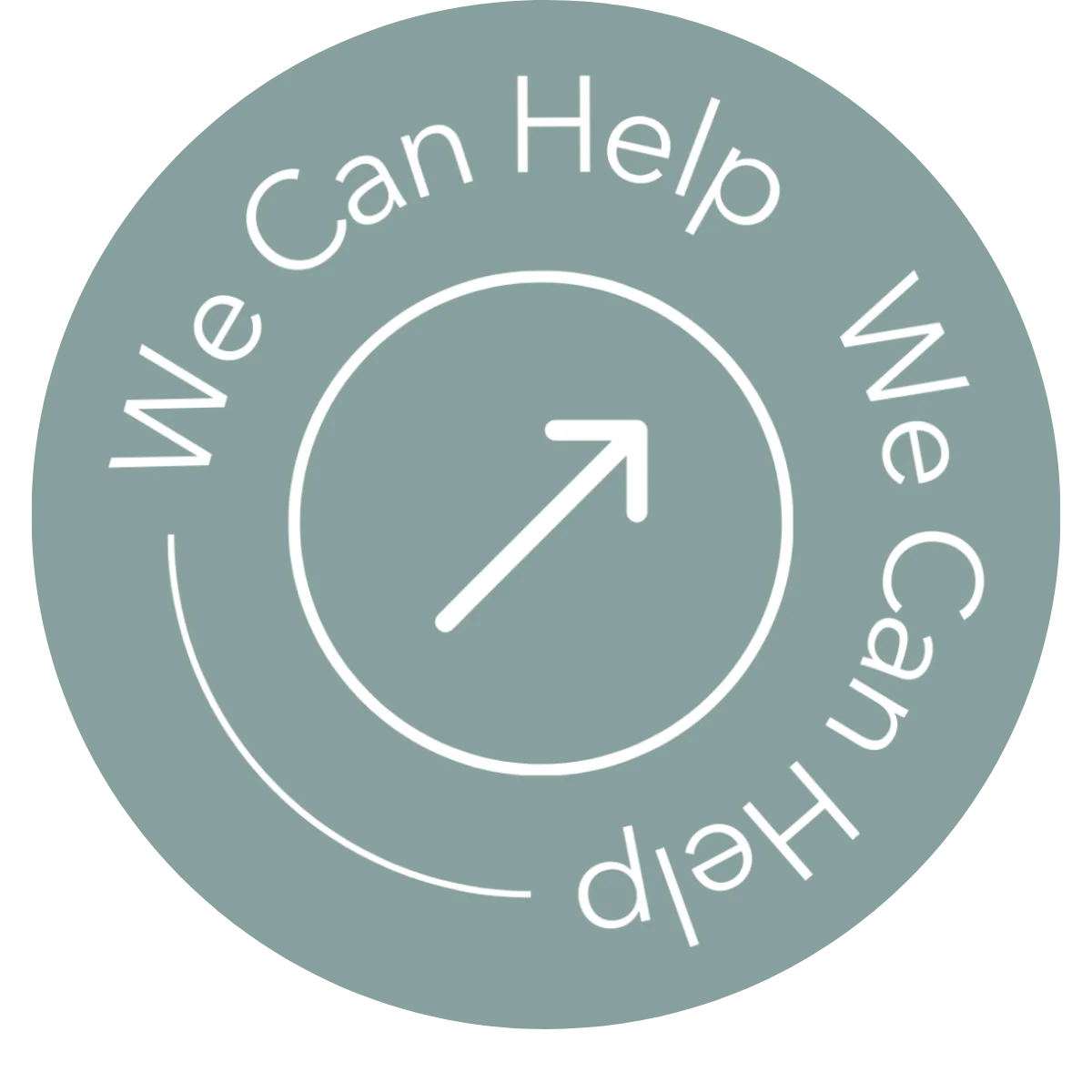Young Adults, Here’s When to Seek Help for Your Mental Health
Every age has its challenges, but young adulthood—particularly today—can be especially vulnerable. More than an age group, young adulthood is a stage of life; we’re starting our career, developing financial and emotional independence, beginning a relationship or marriage—maybe even a family, and most importantly, forming our own values and identity, which can be even more complex in the age of social media with distractions like profiles, likes, clout and comparison.
“...THE PANDEMIC AND RESULTING LIFESTYLE CHANGES HAVE BEEN ESPECIALLY HARD ON YOUNG ADULTS.”
The Situation
During this stage, many of us are significantly invested in school or our job, in our friendships and social life, and in exploring new interests and hobbies. For these reasons and more, the pandemic and resulting lifestyle changes have been especially hard on young adults. Lay-offs and furloughs, working from home, shut-downs, closures and social distancing are causing uncertainty, instability and loneliness, and for many, more serious issues.
In fact, a recent survey conducted by the Center for Disease Control and Prevention found that 63% of 18-24 year-olds reported symptoms of anxiety or depression, with a quarter noting increased drug and alcohol use to deal with stress, and another quarter even citing seriously considering suicide. In other words: If you’re struggling, you’re not alone.
“IN OTHER WORDS: IF YOU’RE STRUGGLING, YOU’RE NOT ALONE.”
The Signs of Distress
In addition to major signs like thoughts of self-harm or suicide, notable issues with daily functioning and extreme distress, here are a few things we might notice when our mental health is suffering:
- Withdrawing from Friends and Family
Have you found yourself not reaching out to others as often as you used to, avoiding texts and calls or coming up with excuses to stay home when you’re invited out? - Loss of Interest and Excitement
Do events, hobbies and other activities that would have once made you excited and happy seem less enjoyable or even dull? - Sudden Changes in Mood and Behavior
Are you struggling with bursts of anger, bouts of sadness, frightening thoughts or impulses and other uncomfortable changes in how you feel, think or act, especially when it is unpredictable or irrational? - Friends and Family Showing Concern
When our loved ones come to us with concern for our mental health, it might be time to listen. Sometimes, those close to use notice these changes even before we do, and more often than not, they only want to help. - Trust your Gut
In the end, no matter what is going on, if you feel like you need help, listen to your intuition. If it feels like something is wrong, it probably is. Don’t second-guess yourself or hesitate for too long. Keep reading for a few tips on how to move forward.
“IF IT FEELS LIKE SOMETHING IS WRONG, IT PROBABLY IS.”
The Steps Toward Healing
When our mental health is suffering, it can feel as if there’s little hope. It can be really hard to take those first steps and move forward. Keep in mind, action is key. Here’s how to start healing.
- Reach Out for Support
Reach out to someone you trust to respond with care and consideration. Let them know how you’re feeling and how they can offer support. Communication and social connection is vital. - Do Some Research
Take a look at the mental health professionals available to you. Whether they are nearby or virtual, ensure they are credentialed, experienced and well-reviewed. Consider looking into mental health resources at your place of work, such as an Employee Assistance Program (EAP). - Take an Assessment
Therapists and other types of mental health professionals will offer an initial assessment to determine your needs. This is a great first step and a valuable process to give you some objective insight and find out what kind of treatment, and at what level, will best help you reach your goals. - Consider Incorporating Group Therapy
For young adults, group therapy and support groups have shown incredible success through evidence-based research, especially in tandem with individual therapy. Consider incorporating a safe, supportive group facilitated by a professional into your healing journey.
“FOR YOUNG ADULTS, GROUP THERAPY AND SUPPORT GROUPS HAVE SHOWN INCREDIBLE SUCCESS…”
The need for mental health support is far more common than you might think; the stigma for receiving help is less than it’s ever been. Almost always, there are creative and clinical solutions to mental health-related issues that are simpler than people imagine, and quick to show results. Lastly, rest assured that the client-therapist relationship provides a no-judgement zone; a safe space where you can talk about anything freely and openly, in complete confidence.
At Ethos Wellness, we offer both group and individual outpatient therapy facilitated by our compassionate, master’s-level therapists with varying specialties, including a process group aimed at supporting young adults through the complex journey of identity development.
Reach out to us anytime through phone, live chat or email simply by tapping here.



